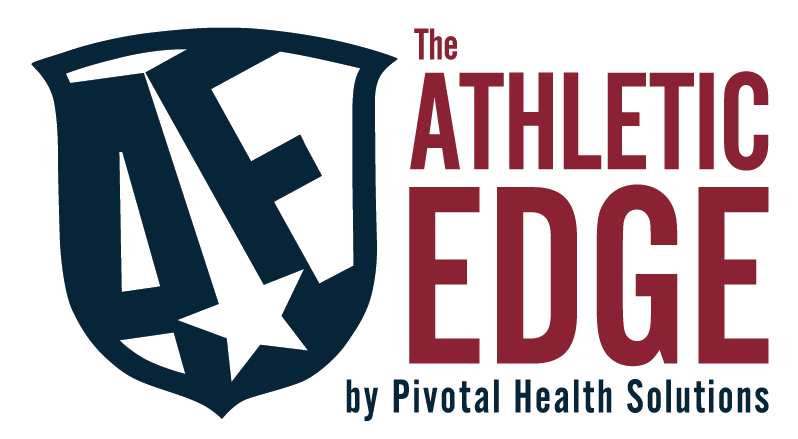Study: Brand, Age of Helmet Doesn't Impact Concussion Risk
Any helmet--no matter the brand name or price point--will help reduce concussion risk, says a new study. Wisconsin's WKBT-La Crosse reports on a University of Wisconsin study that examined high school football players using helmets in a real-world setting. The study also looked at mouthguards and found that custom-fitted models actually increased concussion risk by 60 percent.
More than 40,000 high school athletes suffer concussions each year and while many think the newest or most expensive helmet will reduce the risk a new UW-Madison study suggests otherwise.
Aquinas in La Crosse was one of 34 high schools that took part in that study. Football helmets have been compared in labs for many years now but the University of Wisconsin-Madison's study is really the first of its kind to look at a large number of high school football players wearing helmets in a real world setting. Players actively wore the helmets while tackling and colliding to see if one helmet out performs the other and in this particular study, they all performed the same.
It's that time of year again where the football pads come on and the cleats hit the dirt. One piece of equipment that has received a lot of attention in recent years is the helmet.
"They do an excellent job of doing what they were designed to do, which is really prevent catastrophic injuries, skull fractures and intracranial bleeds,” said Alison Brooks, associate professor with the department of orthopedics and rehab with UW-Health.
However, with more than 40,000 sport-related concussions each year in high school football, experts are looking for ways to reduce the risk starting with the helmet.
During the 2012-2013 football season researchers at the University of Wisconsin-Madison compared three different helmets.
"What we found was that whether an athlete was wearing a Riddell helmet verse a Xenith helmet verse a Schutt, the risk of concussions seemed to be relatively the same,” said Brooks.
The results--that a helmet's name-brand and age have no impact on its ability to prevent an injury--send a pretty clear message that helmets are only one piece of the puzzle.
"I think there are a lot of other strategies potentially to reduce the risk of concussions in football,” said Brooks.
Aquinas High School Athletic trainer Renee Monti agrees.
Last year, Aquinas participated in the helmet study but this year it's something different, new WIAA practice regulations.
“The first week of practice was real light, no contact at all. the second week they were allowed to have some contact up to 75 minutes, and now from the 3rd week on its 60 minutes for the whole week,” said Monti. "UW-Madison is looking to see if those changes will decrease concussions at all."
This is the second study Monti's players have participated in because she knows just how much impact research can have.
"My hopes would be obviously making practice safer, if we can eliminate any concussions, it's going to be a success,” said Monti.
The study also compared mouth guards that are specifically marketed to reduce sports related concussions against generic mouth guards, usually provided by the school. The study found the custom-fitted mouth guards actually increased the risk of concussions by sixty percent.
The two-year study involving more than 2,000 high school athletes in Wisconsin is published in the American Journal of Sports Medicine.



.webp)


